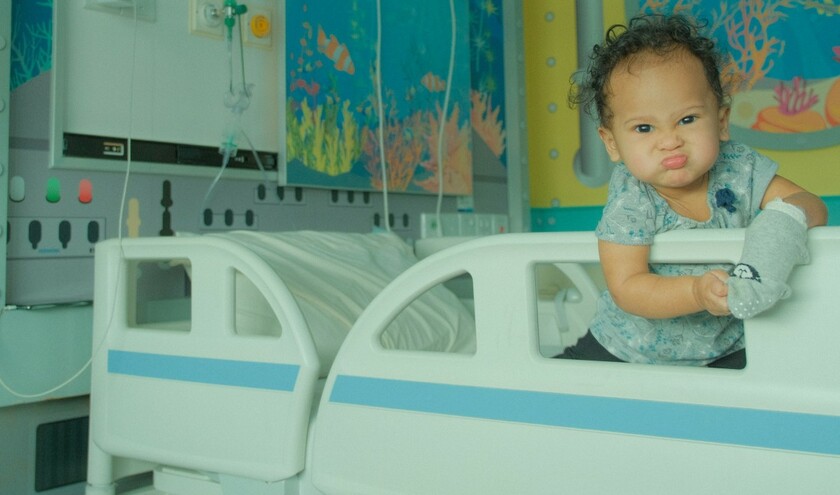The launch of the digital sepsis assessment for children and young people follows the successful roll-out of the Paediatric Vitals system in July this year.
Paediatric Vitals replaced the traditional observation paper charts on the children's unit at the Princess Royal Hospital (PRH) in Telford and in the emergency departments at Royal Shrewsbury Hospital and PRH.
The new system means clinicians can instantly access observation charts with real time information from any of the devices within the trust.
Angela Windsor and Teresa Cole, from the Deteriorating Patient Team, said: 'The new assessment helps our colleagues with early recognition of sepsis, meaning they can escalate patients that need additional care and provide earlier treatment in response to the condition.
'Studies show that quicker treatment improves outcomes for sepsis survivors and can reduce long-term effects of post-sepsis syndrome, therefore the early recognition that the digital assessment brings is key.'
The team has worked closely with colleagues across the trust to design the system to create a safer patient pathway and closer monitoring of children at risk of sepsis.



